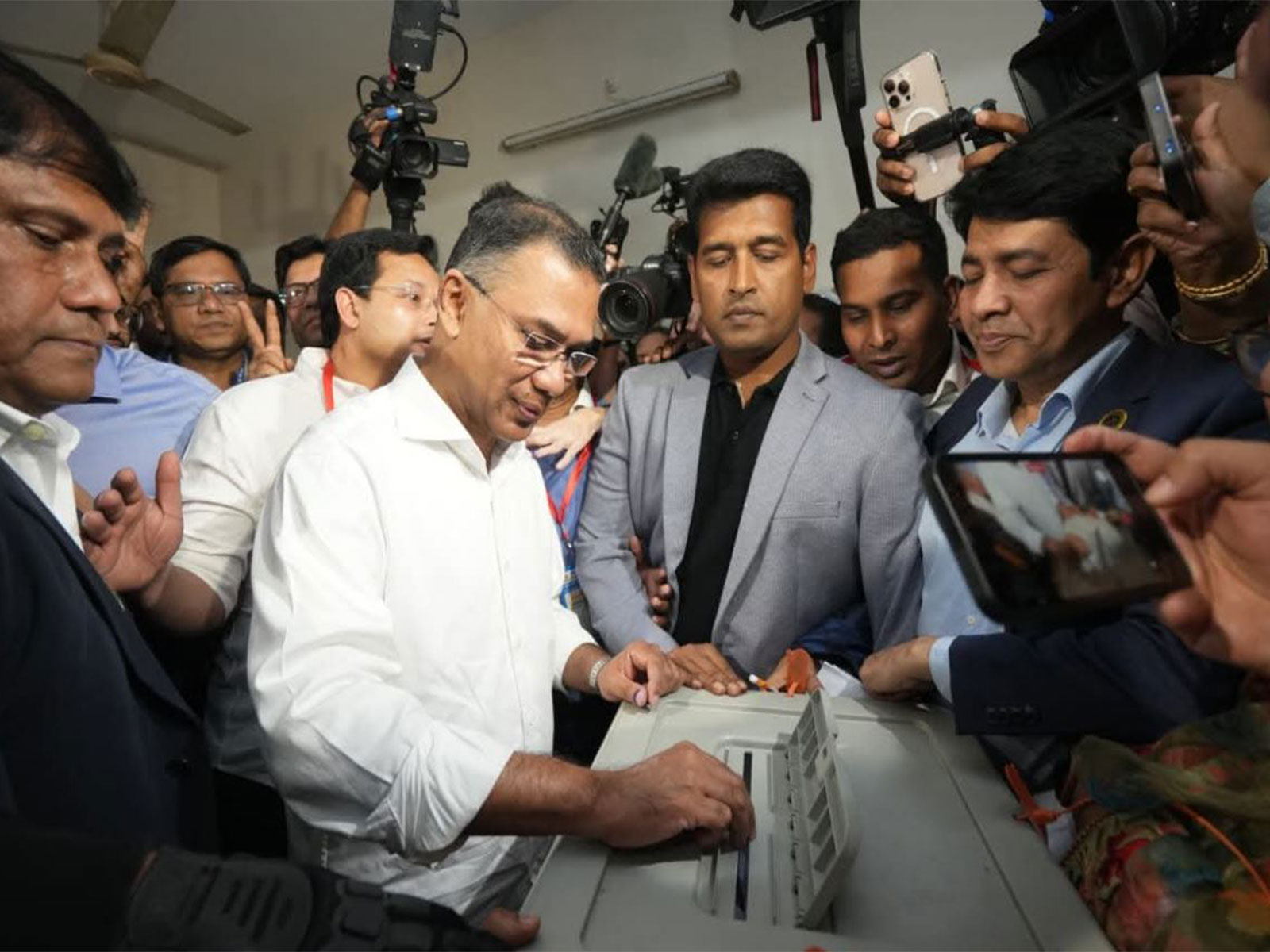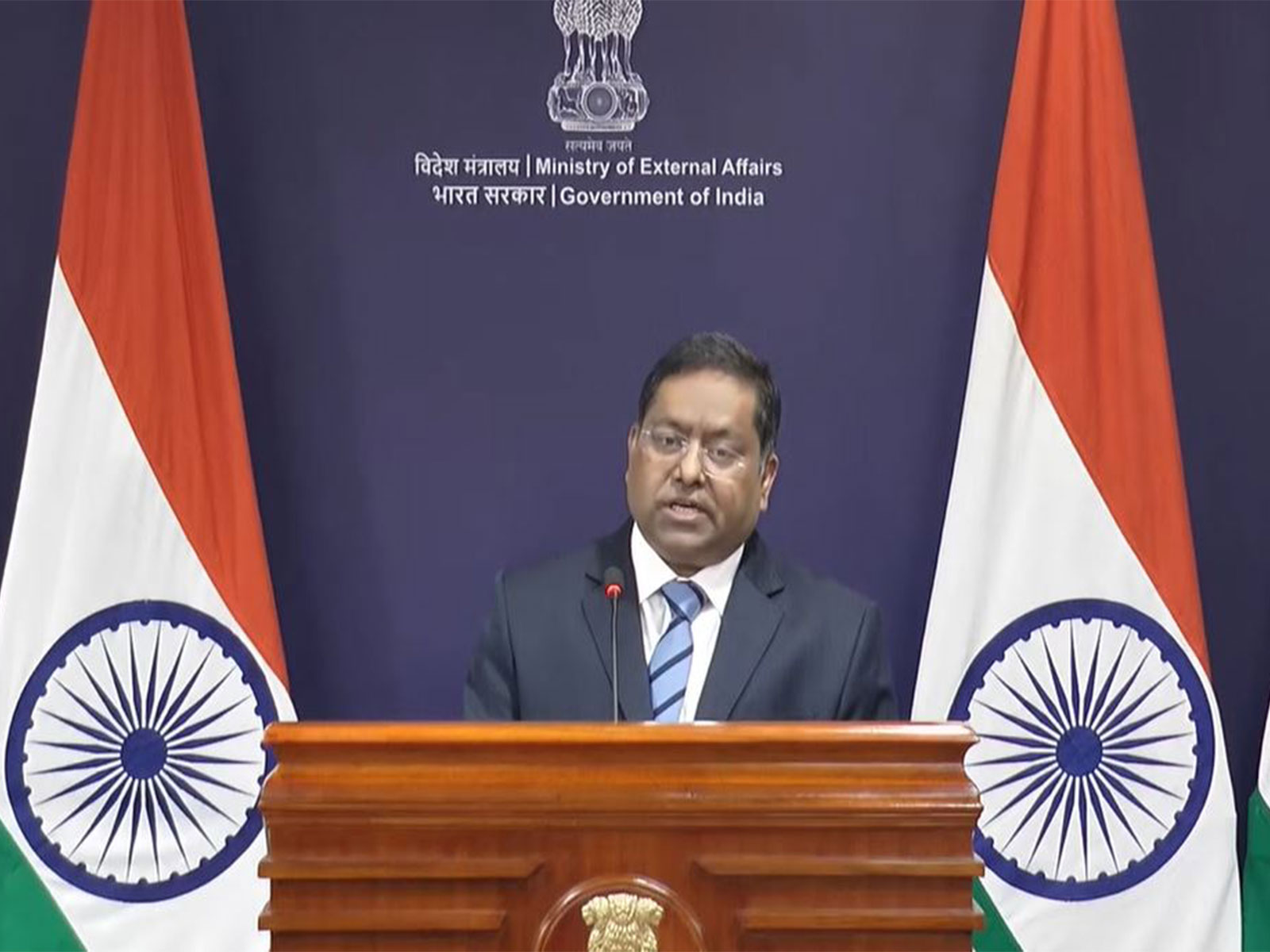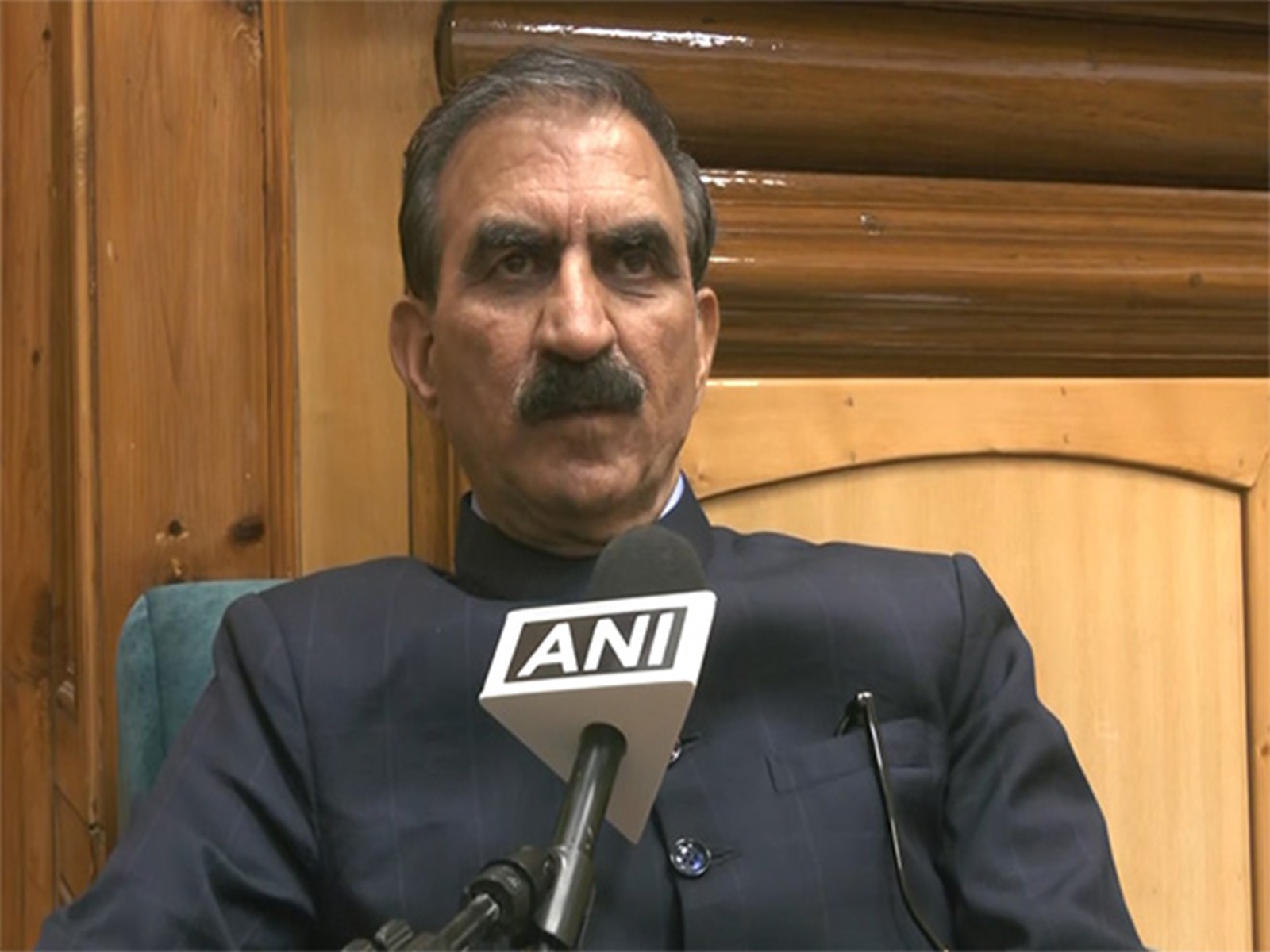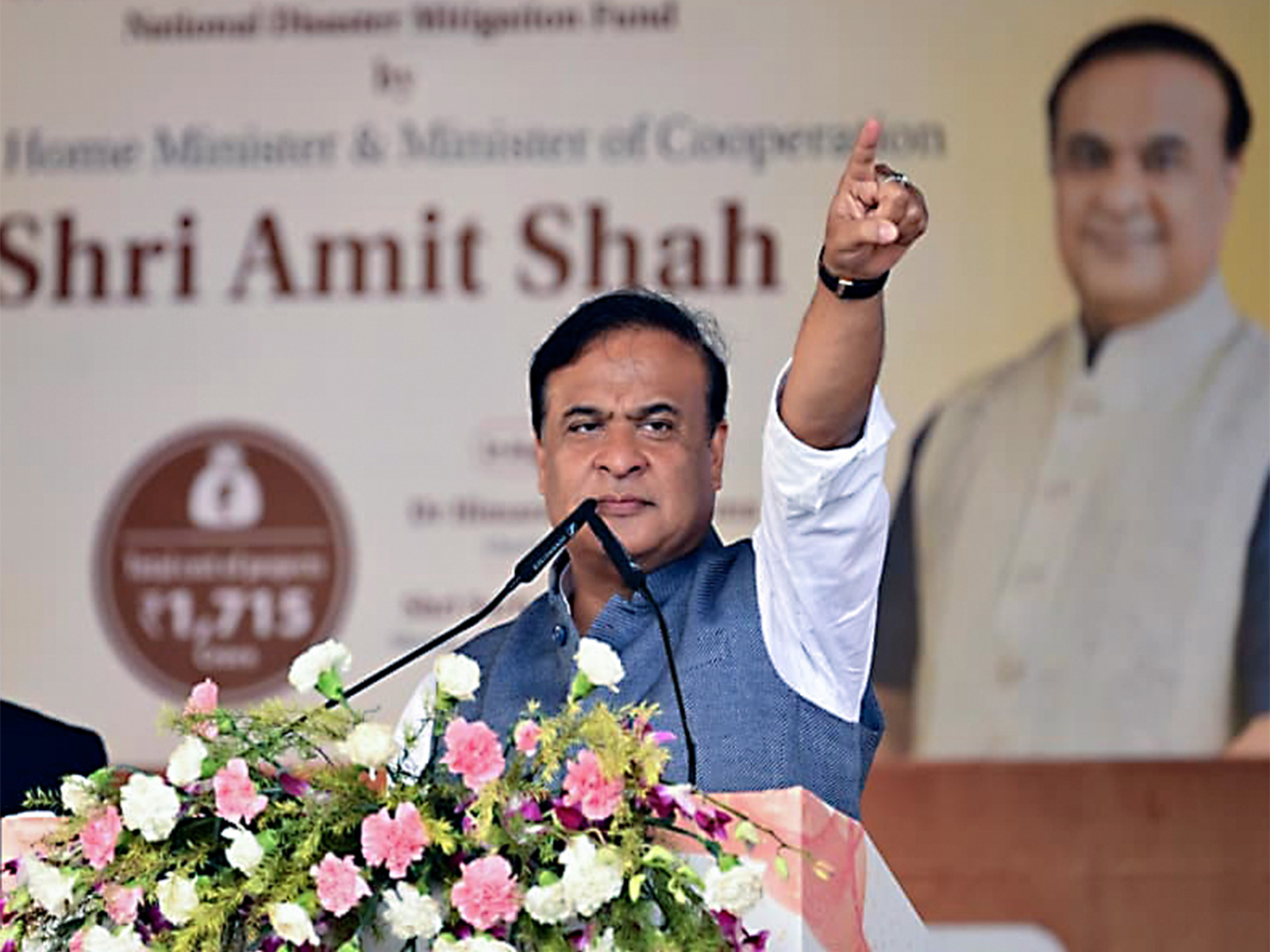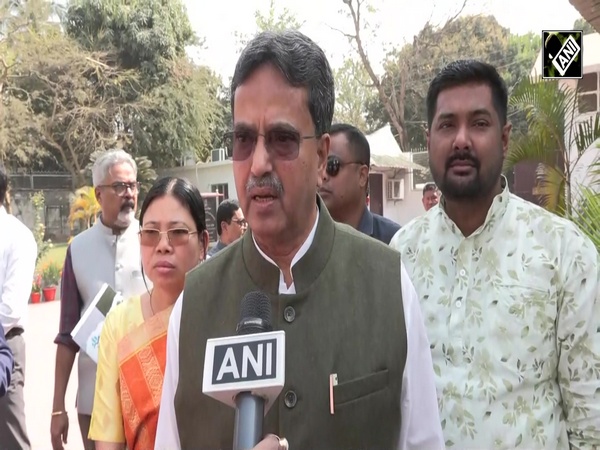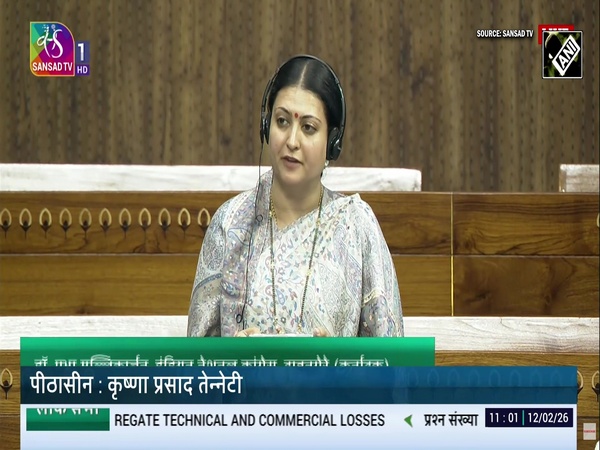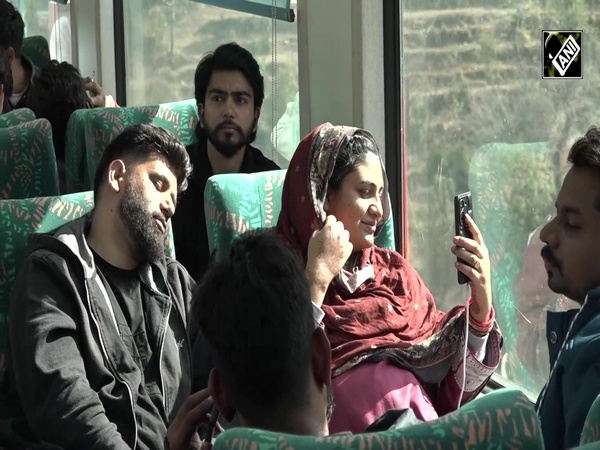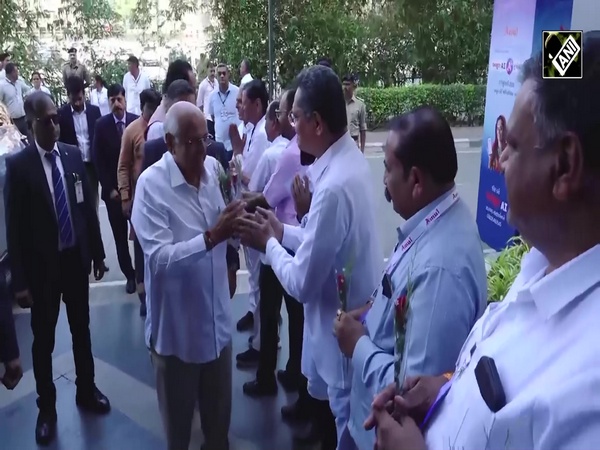Xi's party preserving "monopoly" in China: Tibetan recalls life experiences
Nov 01, 2022

Beijing [China], November 1 : A Tibetan refugee exposed the Chinese Communist Party's efforts to preserve its "monopoly" over the nation and said when it comes to party directives, a leader within the party would hardly break lines, media reports said.
In a podcast series by a not-for-profit organisation "Foundation for Non-Violent Alternatives (FNVA)", a Tibetan refugee in US, Tenzin Thinley also pointed out that the structure of the Chinese government is mysterious and arcane which is completely different from the democratic system, reported Voices Against Autocracy.
Thinley, who is also a political science student at Methodist University, North Carolina in the US, elaborated on his life experiences during the podcast. Drawing parallels on basic tenets of democracy versus the rule by the Chinese government, Thinley said in a democracy the people have a say in forming a government which is not the case with the structure in China, reported Voices Against Autocracy.
The fundamentals of the different pillars of democracy such as government, the judiciary and Congress are also not in line with the structure of the People's Republic of China (PRC). He highlighted that even if China witnesses a leadership change, the governance of the country will remain more or less the same.
During the podcast, Thinley also talked about the vetting and verification procedures one goes through before being promoted and described it done in a manner which promotes monopoly in China, reported the media portal.
He criticized Beijing for its repressive policies in Tibet and elaborated on the mass DNA collection and zero-Covid policies in the island nation. China's assimilation efforts in Tibet to bring about demographic change were one of the key highlights of the podcast.
The Chinese population is now more or less the same size as the Tibetans in the major Tibetan cities. Thinley also said that when it comes to the leadership role in Asia, India is a better alternative and represents a more representative government than China.
Thinley shared his experiences of the times when he was in the UK and the US. He recalled how during the visit of the 14th Dalai Lama to his university in the USA, Chinese students at the university protested the visit. "I've never been pressured like that before, but I think it's when you're put in an awkward position that is where you learn the most," he said.
In connection to the bill entitled "Promoting a Resolution to the Tibet-China Conflict Act", passed in the US Congress, Tenzin Thinley makes it clear that US support for Tibet is not based solely on humanity, but is more aligned with its national interest.
He also hailed the initiatives taken by non-Tibetans for seeking a solution to the Tibet-China conflict. Thinley remembered how in the run-up to the Beijing Winter Olympics, non-Tibetans really pushed for their boycott along with the Tibetans.

